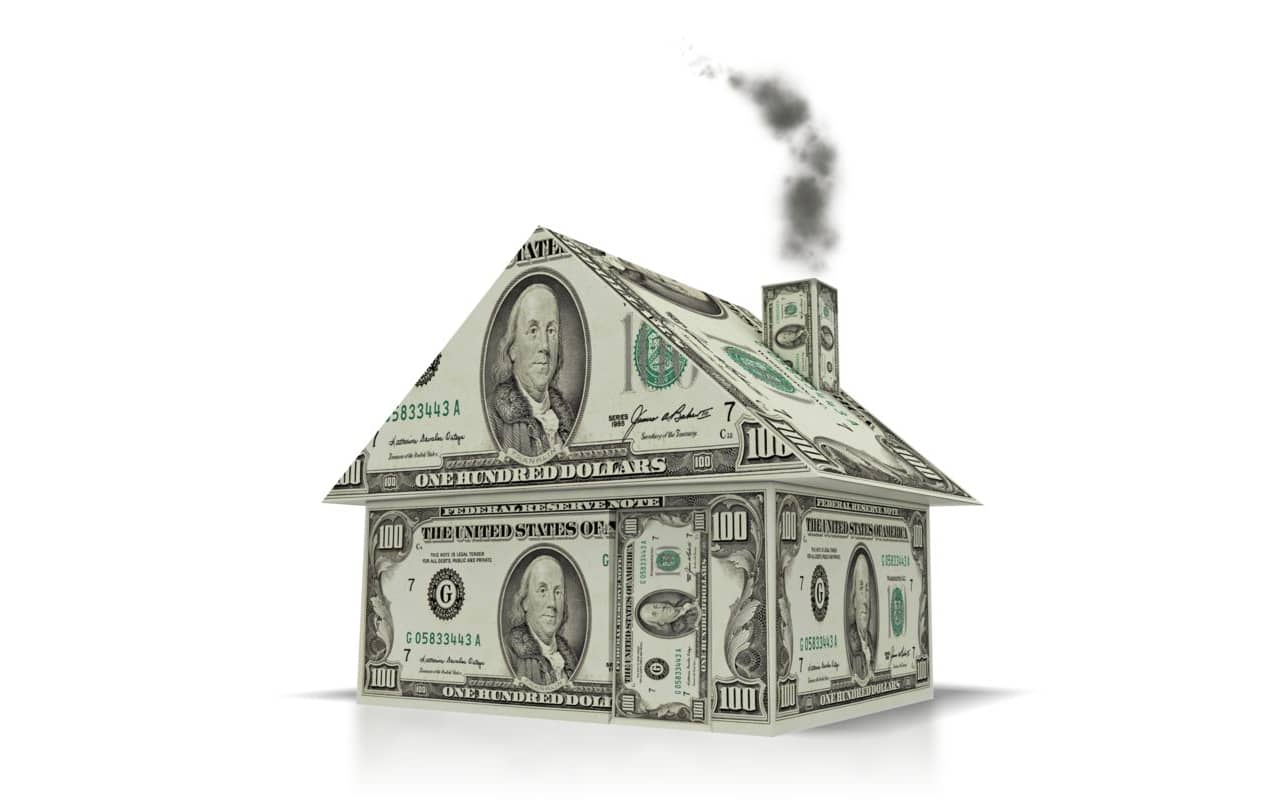As a seasoned real estate agent and investor, I understand the excitement and apprehension that come with being a new investor in the real estate market. Navigating the world of real estate can be a daunting task, but with the right guidance and a strategic approach, it can also be an immensely rewarding endeavor.
Finding a good investment property requires careful consideration, thorough research, and a clear understanding of your financial goals and risk tolerance.
Allow me to offer some valuable advice to help you get started in the right direction. I will help you make an informed decision and identify a good investment opportunity, something that aligns with your objectives.
1– First and foremost, it is crucial to define your investment strategy and objectives. Are you looking for a long-term rental property that generates passive income, a fix-and-flip opportunity for short-term gains, or perhaps a property that offers potential for appreciation over time?
Understanding your investment goals will serve as a guiding light throughout the process and help you filter through the multitude of options available in the market.
2– Next, location is paramount in real estate. Look for properties in areas that demonstrate strong economic growth, low crime rates, and proximity to amenities such as schools, parks, public transportation, shopping centers, and hospitals.
Consider the neighborhood’s potential for future development, as gentrification can significantly impact property values. Collaborating with a knowledgeable local real estate agent can provide invaluable insights into the most promising neighborhoods and emerging market trends.
3– Conduct thorough research on the property’s history and market value. Examine recent sales data of comparable properties (comps) to gain a realistic understanding of the property’s current market value. An experienced real estate agent can assist you in evaluating comps and determining whether the property is priced appropriately.
Additionally, research any potential zoning changes, planned infrastructure developments, or other factors that could influence the property’s value over time.
4– As an investor, it is essential to assess the property’s condition and potential for improvement. While a fixer-upper may offer a lower purchase price, it could entail additional renovation costs that may exceed your budget or expected return.

On the other hand, a well-maintained property with modern amenities might command a higher purchase price but require less immediate investment. Take into consideration your skills, resources, and willingness to take on renovation projects when evaluating properties.
5– Furthermore, don’t overlook the financial aspects of your investment. Secure pre-approval for a mortgage to establish your budget and demonstrate to sellers that you are a serious buyer. Calculate your potential return on investment (ROI) by factoring in not only the purchase price but also ongoing expenses like property taxes, insurance, maintenance costs, and property management fees if applicable.
The goal is to ensure the property’s revenue potential aligns with your financial expectations and long-term objectives.
Investing in real estate naturally involves some degree of risk, so it’s vital to have a contingency plan. Consider potential worst-case scenarios and how this might impact your finances. Diversifying your investment portfolio can also help mitigate risk; avoid putting all your resources into a single property. Instead, spread your investments across multiple properties or investment types to create a balanced and resilient portfolio.
6– In addition to conducting your own research, surround yourself with a team of professionals who can offer expert advice. An experienced real estate agent can be your most valuable asset, guiding you through the entire process, negotiating on your behalf, and leveraging their network to find hidden gems.
7– Finally, exercise patience and discipline throughout your search. The real estate market can be volatile, and it’s easy to succumb to the pressure of making a quick decision. Remember that finding the right investment property may take time, but it’s well worth the effort when you discover a gem that aligns perfectly with your goals.
In conclusion, as you venture into the world of real estate investment, keep in mind that knowledge, research, and prudent decision-making are the cornerstones of success. Define your investment strategy clearly, focus on location and property condition, and thoroughly assess the financial aspects before making any commitments.
With the guidance of a seasoned real estate agent and a well-rounded team of professionals, you’ll be better equipped to find that perfect investment property that will pave the way to a successful and rewarding investment journey.










